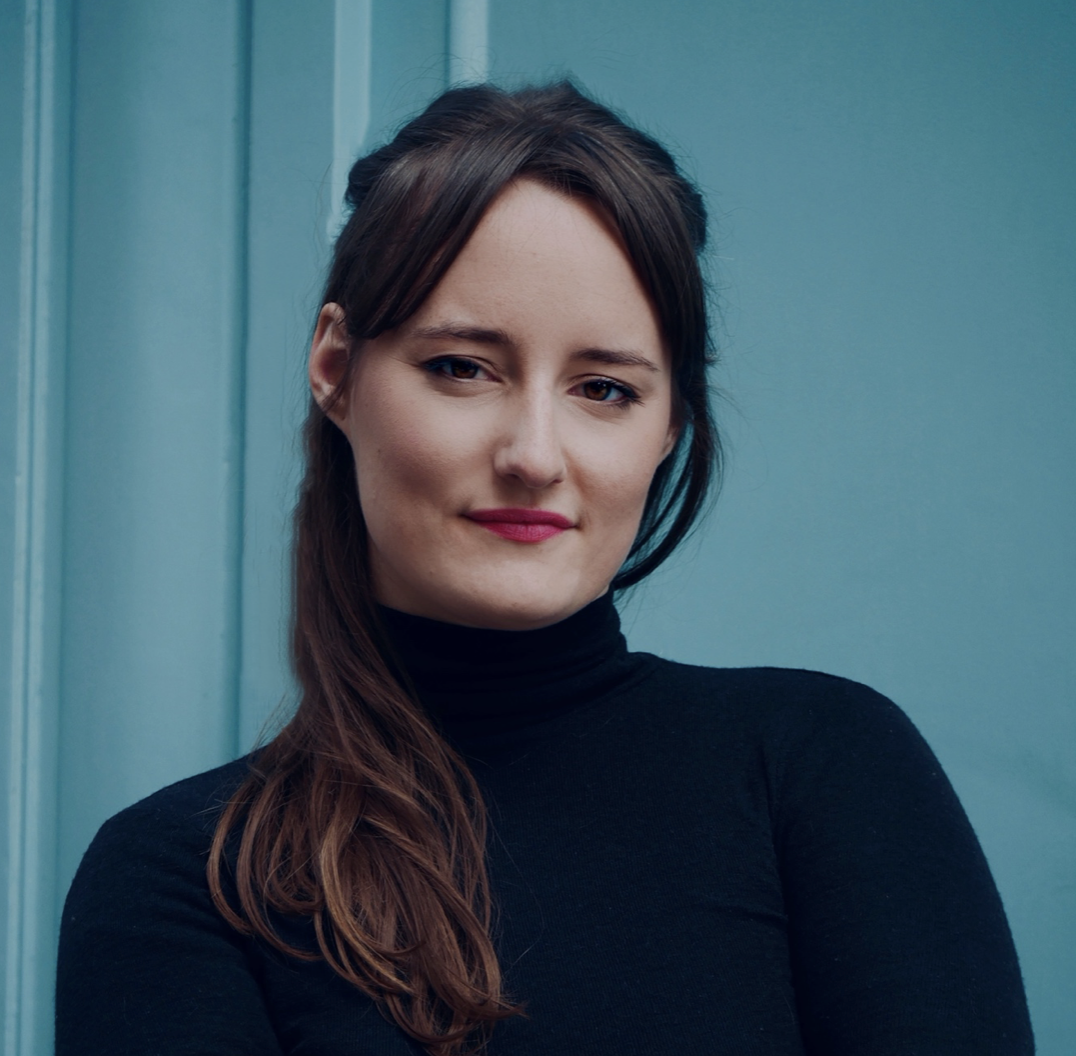Dr. Mathilde Pavis
Dr Mathilde Pavis is a legal consultant and international expert on intellectual property, AI and synthetic media with 10+ years’ experience working in this field. She specialises in the use and creation of human faces, voices and bodies with with AI technologies. Mathilde has held several academic appointments at world-leading institutions like the US Library of Congress, the universities of Exeter (UK), Reading (UK), Queensland (Australia) and Victoria (Canada). Today, Mathilde runs a consultancy firm where she works with content creators, media producers, AI innovators and policy-makers to support responsible AI. Mathilde has written over 50 publications in scientific journals and other media outlets like The Times and The Independent. Her work has informed government consultations for law reform on these issues and has been cited by the UK Parliament. She has appeared on BBC Radio 4 and Channel 4 News and is a regular commentator for the BBC, The Times and The Financial Times. More recently, Mathilde has taken her work to social media to share free resources and accessible information on the rights associated with digital cloning and performances via the YouTube Channel “A Lawyer in your corner”. You can follow Mathilde’s work on Twitter, LinkedIn, or Instagram.
Can I clone you with AI? A map of legal and ethical considerations involved in reproducing faces, voices and bodies with Artificial Intelligence.
On July 03, 2024 at 05:00 PM (UTC+1)The application of AI technology to generate what is now commonly referred to as a “deepfake” (ie. the creation of a person’s digital imitation with or without their consent using AI technologies) has caught the attention of creators, activists, policy-makers and citizens worldwide. Digital imitations are not new but AI enables a widespread practice of digitally cloning individuals which raises the question on whether there should be a basic ‘rule book’ to regulate when and how cloning is permissible. For example, should film-makers be allowed to replace actors with their clone at their own discretion? Can employers replace workers on strike or sick leave with an AI-generated clone? Should a grieving parent be allowed to create a digital clone of their deceased children? Can museums bring back the dead to make stories of the past more engaging to a new or younger audience? In this session, we will take a tour of the most recent developments in the digital cloning of people’s faces, voices and bodies with Artificial Intelligence. The discussion will cover recent technological advances, commercial ventures and ongoing industry debates. We will contrast this fast-moving picture with existing legal frameworks and more nuanced ethical debates on the topic.
Useful links
- 🎥 Ethics, Governance and Regulation in Synthetic Media
- 🎥 AI is not the threat, your contracts may be
- 📄 G. Murphy et. al, Face/Off: Changing the face of movies with deepfakes’ (2023) NIH portal
- 📄 D. Lees et al., The digital resurrection of Margaret Thatcher: creative, technological and legal dilemmas in the use of deepfakes in screen drama’ (2021) Convergence
- 📄 A. de Ruiter, The distinct wrong of deepfakes (2021) Philosophy & Technology
- 📄 M. Pavis, Rebalancing our regulatory response to Deepfakes with performers’ rights (2021) Convergence

In your lecture “Can I clone you with AI?” talk about the legal and ethical considerations of reproducing faces, voices and bodies with AI. What are the biggest legal challenges in this area?